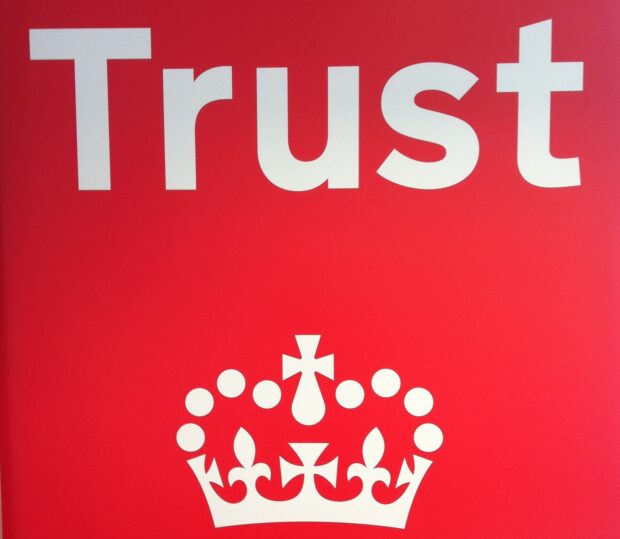We know that owning a gov.uk domain address tells users that we can be trusted, and we’re proud of this message – it is an important part of building trust and reducing the potential for people to use misleading websites as part of phishing and scamming activity.

As part of our work we carry out audits of different domain groups. I completed an audit of all central government gov.uk domains a while ago, and recently started the process again.
This time, I’m looking at the 1900 or so gov.uk domains belonging to local authorities, the devolved governments, and locally related services, e.g. fire services, National Park Authorities etc.
You can see the entire list of around 4000 gov.uk domains here (go on, I dare you to take a look).
An audit of local authority sites had never been carried out before, and it’s a big job involving basic checks of each site. Working with The Naming and Approvals Committees (NAC), the goal is to advise domain owners if their website appears to breach any of our current guidance by being inaccessible, nonfunctional or leading to a non government domain, e.g. a .com .co.uk .org etc.
Its important to help make gov.uk owners aware where their websites don’t meet the needs of Local government: naming and registering websites.
Over the coming months the aim is to get in touch with domain owners where possible breaches of the standards are identified, and get these corrected.
We are also doing this to influence the approach to defensive registration including dealing with stockpiled domains. We want to instil trust that .gov.uk is reserved for use by the public sector (which is managed by government and the NAC).
We are making sure we know why a domain is being approved and what it will be used for – we will also never allow a non-public sector organisation to register with our gov.uk domain. As part of this and if an authority has a number of domains that are not all in use, we may ask if they would mind handing them back for retirement.
The benefits to us are the gov.uk estate is neat, and tidy, and fully understood. The benefits to the local authority are financial as they will save on the maintenance charge of £40 + VAT every 2 years for each retired site. The benefit to the user is the continued reassurance that GOV.UK is the best place to find government services and information online.
In the meantime, here is some advice for local government domain owners:
For those with little technical experience when it comes to websites, we appreciate that managing one can sometimes be a little daunting, so the best things to do are:
- check every so often that your website looks like it is supposed to look
- familiarise yourself with the Local government: naming and registering websites guidelines
- if you are concerned that you may be breaching the standards, just get in touch with NAC via the gov.uk registrar JANET and we’ll be happy to assist
- consider using an analytics tool like Google’s to check how many views your website gets, so you can measure its success and whether it needs an update or refresh
- finally, you might find Government Digital Service’s website style guide helpful. It can be found on GOV.UK at www.gov.uk/guidance/style-guide
Join the conversation on Twitter, and don’t forget to sign up for email alerts.